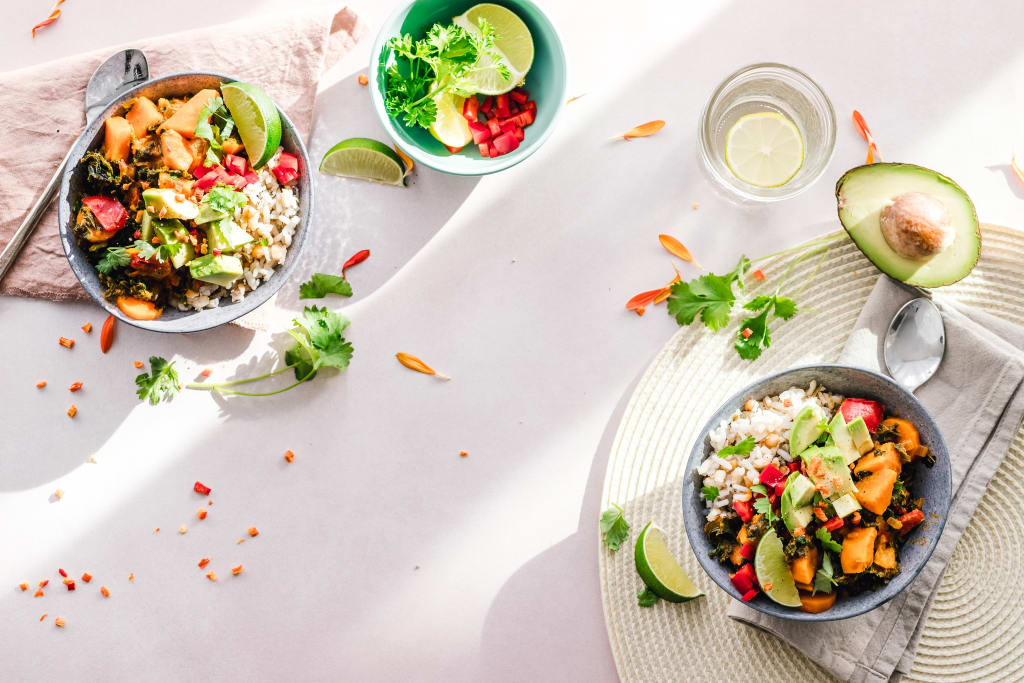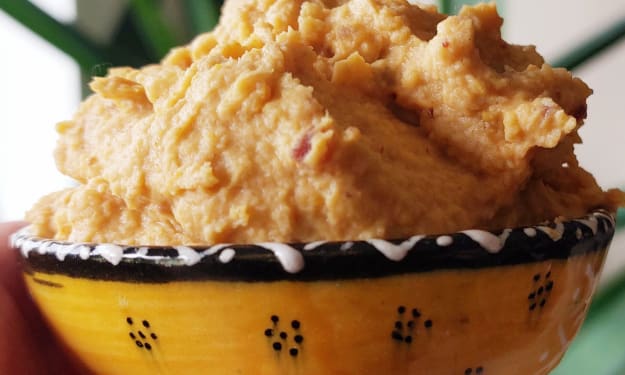Vital Nutrients Vegans Frequently Miss
Make sure you aren't overlooking these key nutrients.

Vegan diets have a lot of health benefits, such as losing weight, lowering blood sugar levels, protecting against certain cancers, and lowering the risk of heart disease. These benefits often outweigh most cons, such as having to learn how to cook without animal products or the potential backlash from family and friends, but there is one disadvantage that must be discussed: the lack of certain nutrients that are necessary for a healthy diet. Here are just a few that may be missing from a vegan diet and some alternative ways to get these nutrients.
N-3 Fatty Acids
The National Institutes of Health, an American health agency, released a study that showed that N-3 fatty acids, or marine-sourced fats, are deficient in a vegan diet. This can have health implications because the acids, known as ALA, EPA and DHA, are important for growth and development of the human body as well as cardiovascular health. The acids are also good to prevent inflammatory and chronic diseases.
Vegan sources of N-3 fatty acids do exist, however. Brussel sprouts, walnuts, and flaxseed powder all offer N-3 fatty acids, also known as omega-three acids, that can help bring up an individual’s consumption of these necessary nutrients. For those who wish to stick to nutritional supplements, perilla oil and algal oil also exist.
Vitamin D
Vitamin D is a nutrient that is necessary for brain growth and development, the health of the hippocampus, and for the protection of brain cells from the damaging results of oxidation. The most important types of vitamin D is D2 and D3. Both can be found readily in animal products and by taking time to be out in the sunshine, although D2 is usually found in plant foods and is less potent than D3, which can be found in animal products.
The truth is that the best vegan source of vitamin D is spending time out in the sun; sunscreen is always recommended, however, for long periods in the sun. However, many vegans seem to not spend a lot of time in the sun, and so are deficient in this vital nutrient. The remedy for this, then, comes from spending time outdoors rather than plant foods; only 15 minutes a day will help build up the vitamin D deposits in a person’s body.
Vitamin B12
Vitamin B12, known also as cobalamin, is an essential vitamin for humans. This vitamin helps synthesize DNA and red blood cells, meaning that is a crucial element in preventing a variety of psychiatric problems, as reported by Psychology Today. Some of these include memory problems, psychosis, depression, and changes in mood or behavior.
Unfortunately, vitamin B12 is not naturally occurring in vegan diets. This is cause for concern; prolonged deficiency in this nutrient can prove fatal. Vegan sources of B12 are found in supplements or in fortified yeast, as natural yeast does not contain vitamin B12. Vegans should be cognizant of their vitamin B12 consumption; since this is one of the only nutrients that is not found naturally in vegan diets, supplements are highly encouraged.
Iron
Iron combats fatigue, something that is very common with people who switch over to a vegan diet. This deficiency comes from the lack of animal products. Iron from animal products is more readily absorbed than in plant products, meaning a vegan would have to eat a lot more of iron-nutrient plants in order to sustain an 8.7-milligram daily intake of iron for men and a 14.6-milligram intake of iron for women in one day.
The National Health Service in the United Kingdom advises that vegans consume a lot of dark leafy vegetables, whole grains, nuts, and dried fruit to make up for their iron deficiency. Alternatively, Harvard University has stated that vegans should take a vitamin C or iron supplement to help absorb the nutrient into their bodies.
Vegan diets can be a great choice for individuals who suffer from health problems when consuming animal products; however, it does not mean that just by switching to a vegan diet that there aren’t nutrient deficiencies. This article proves that by consuming natural foods and supplements, vegans can have a healthy and nutrient-filled diet. Vegans or people interested in the vegan diet are strongly encouraged to look over the list of foods and supplements that can be helpful on the diet so that they can incorporate the suggestions into their lifestyle.
About the Creator
Paisley Hansen
Paisley Hansen is a freelance writer and expert in health, fitness, beauty, and fashion. When she isn’t writing she can usually be found reading a good book or hitting the gym.






Comments
There are no comments for this story
Be the first to respond and start the conversation.